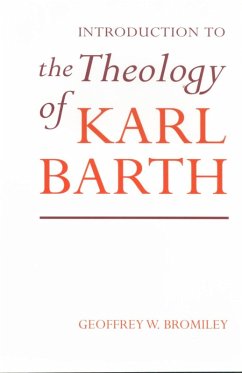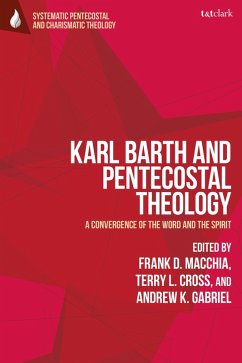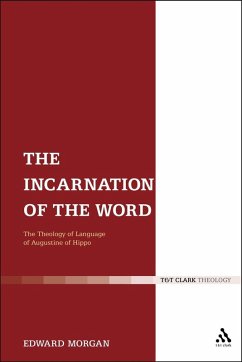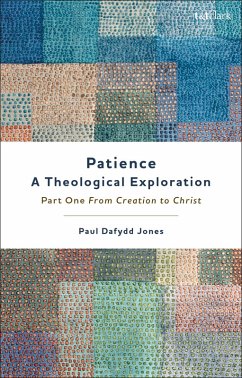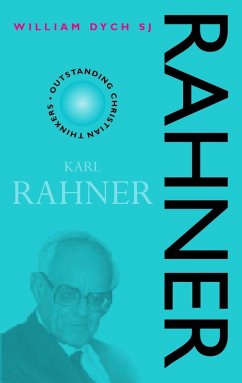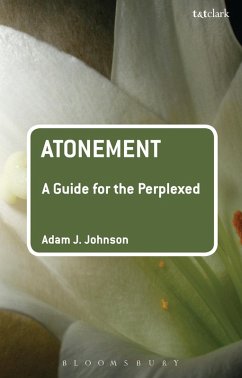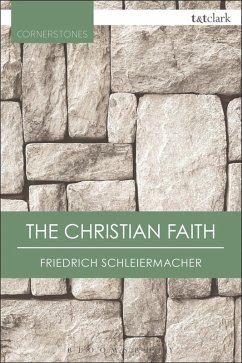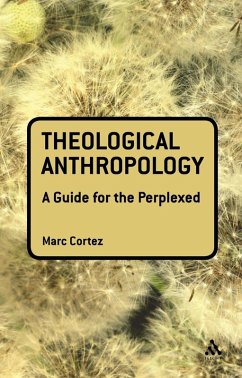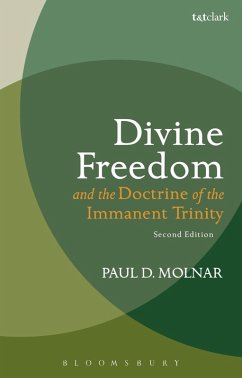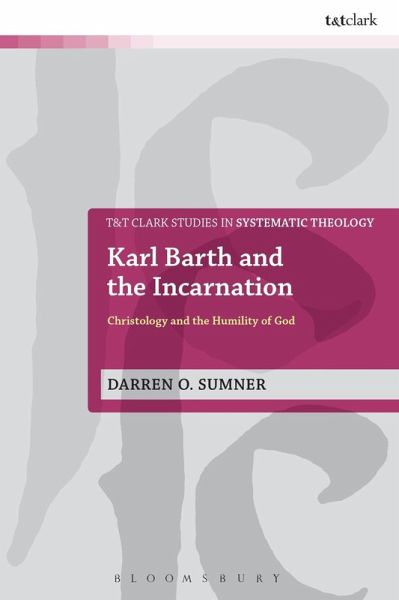
Karl Barth and the Incarnation (eBook, PDF)
Christology and the Humility of God
Versandkostenfrei!
Sofort per Download lieferbar
31,95 €
inkl. MwSt.
Weitere Ausgaben:

PAYBACK Punkte
16 °P sammeln!
This work demonstrates the significance of Karl Barth's Christology by examining it in the context of his orientation toward the classical tradition - an orientation that was both critical and sympathetic. To compare this Christology with the doctrine's history, Sumner suggests first that the Chalcedonian portrait of the incarnation is conceputally vulnerable at a number of points. By recasting the doctrine in actualist terms - the history of Jesus' lived existence as God's fulfillment of His covenant with creatures, rather than a metaphysical uniting of natures - Barth is able to move beyond ...
This work demonstrates the significance of Karl Barth's Christology by examining it in the context of his orientation toward the classical tradition - an orientation that was both critical and sympathetic. To compare this Christology with the doctrine's history, Sumner suggests first that the Chalcedonian portrait of the incarnation is conceputally vulnerable at a number of points. By recasting the doctrine in actualist terms - the history of Jesus' lived existence as God's fulfillment of His covenant with creatures, rather than a metaphysical uniting of natures - Barth is able to move beyond problems inherent in the tradition. Despite a number of formal and material differences, however, Barth's position coheres with the intent of the ancient councils and ought to be judged as orthodox. Barth's great contribution to Christology is in the unapologetic affirmation of 'the humanity of God'.




